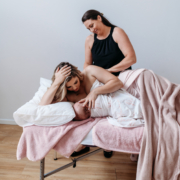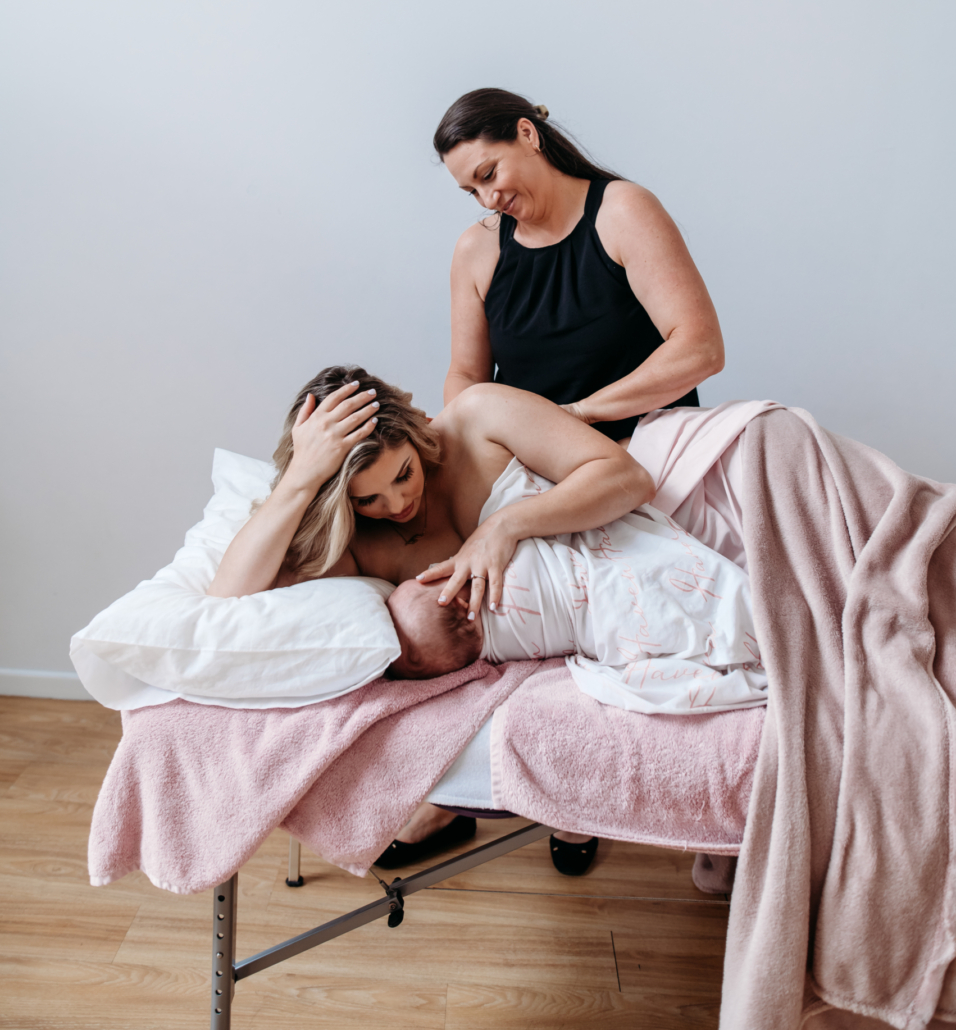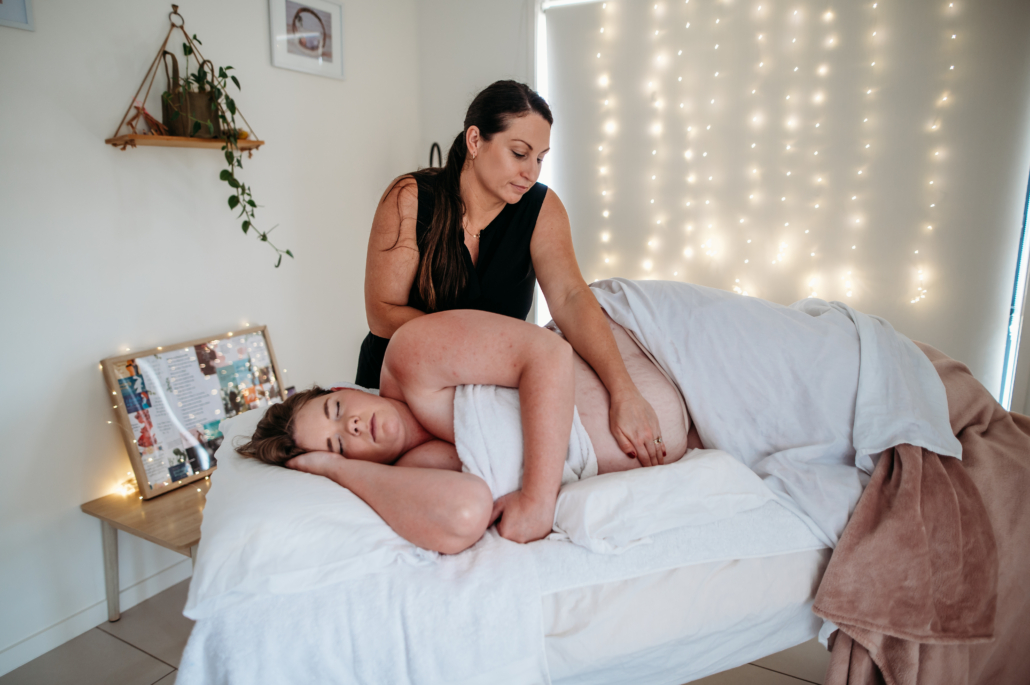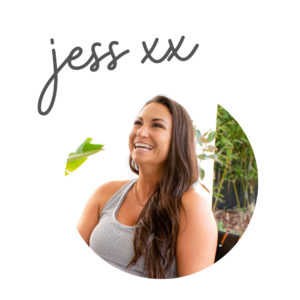The Journey to Postpartum Healing: Nurturing Yourself After Birth
The Journey to Postpartum Healing: Nurturing Yourself After Birth
Bringing a new life into the world is nothing short of miraculous. But, as we all know, the journey doesn’t end once your baby is born. In fact, in many ways, it’s just beginning—especially for your body. Postpartum healing is an essential phase that deserves as much attention and care as pregnancy itself.
As a mum, you’ve just been through one of the most physically and emotionally demanding experiences of your life. Yet, the focus often shifts entirely to the newborn, leaving many mums feeling neglected or even guilty for wanting to care for themselves. But here’s the truth: Postpartum healing is not a luxury, it’s a necessity. In this blog, we’re going to dive into why healing after childbirth is so important, the challenges you may face, and how you can help your body recover in a nurturing and holistic way.
Why Postpartum Healing is Crucial
Your body goes through enormous changes during pregnancy and birth, from hormonal shifts to physical strains. During this time, muscles are stretched, organs shift, and joints are stressed. Once your baby is born, your body needs time and care to return to its new normal. Skipping proper postpartum care can lead to long-term issues such as chronic back pain, pelvic floor dysfunction, and lingering exhaustion.
Your recovery is vital, not just for your own health but for your ability to care for your baby. When you’re feeling well, rested, and less stressed, you’re in a better position to nurture and bond with your newborn.
Common Postpartum Challenges
Here are some of the most common issues new mums face in the weeks and months following birth:
- Physical Pain and TensionThe act of giving birth, whether vaginally or via C-section, is hard on your body. You may experience lingering pain in your back, neck, shoulders, and pelvis. This is often due to the physical exertion of childbirth, poor posture during breastfeeding, or muscle strain from carrying your baby.
- Fatigue and Sleep DeprivationSleep? What’s that? New mums often struggle to get proper rest, especially during the first few months. This constant lack of sleep can make it even harder for your body to heal.
- Emotional UpheavalYour hormones are all over the place after birth, which can lead to emotional ups and downs. Add the demands of caring for a newborn, and it’s easy to feel overwhelmed.
- Pelvic Floor and Abdominal RecoveryPregnancy and childbirth can weaken your pelvic floor muscles and stretch your abdominal muscles (leading to diastasis recti). This can cause discomfort, incontinence, or a feeling of weakness in your core.
- Mental Health StrugglesPostpartum depression and anxiety are real challenges many mums face. The pressure to “bounce back” combined with feelings of exhaustion and isolation can create a tough mental landscape to navigate.
Supporting Your Body’s Healing Process
So how can you best support your postpartum healing journey? The key is self-care—and no, that doesn’t mean simply squeezing in a quick nap (though that’s great too!). It means prioritising holistic recovery, nurturing your body and mind with the time and attention they need.
1. Prioritise Rest and Sleep
Easier said than done, right? While it can be tough, finding small windows to rest is vital. Sleep when your baby sleeps, and if possible, enlist help from your partner, family, or friends to watch your little one so you can nap. Your body needs rest to heal, and lack of sleep can slow down the recovery process.
2. Nourish Your Body
Fuel your recovery with healthy, nutrient-dense foods. Opt for whole foods rich in protein, healthy fats, and fibre. Hydration is equally important, especially if you’re breastfeeding. Good nutrition not only speeds up healing but also boosts your energy levels and mood.
3. Gentle Movement
Once you’ve received your doctor’s approval, gentle exercise like walking, stretching, or postpartum yoga can help restore your strength and improve your mood. Focusing on strengthening your core and pelvic floor muscles will also help ease discomfort and prevent long-term issues.
4. Postpartum Massage and Bodywork
This is where Maternal Grounding can make a huge difference. Postpartum massage is designed specifically to help your body heal and rejuvenate after birth. Our massage techniques can help:
- Relieve muscle tension and pain, especially in your back, neck, and shoulders.
- Restore circulation and improve lymphatic drainage to reduce swelling and fluid retention.
- Ease stress and anxiety, promoting emotional balance.
- Support your pelvic floor recovery by encouraging muscle relaxation and healing.
Postpartum massage isn’t just about relaxation (though that’s a wonderful side effect!). It’s about giving your body the care it needs to heal, restore, and rebuild after the physical and emotional demands of birth.
5. Focus on Emotional Wellness
Allow yourself to feel everything—joy, exhaustion, overwhelm—and understand that it’s normal. If you’re struggling emotionally, don’t hesitate to reach out for support. Whether it’s through talking with a friend, joining a support group, or seeking professional help, it’s important to acknowledge and honour your emotional health.
Maternal Grounding: Your Partner in Postpartum Healing
At Maternal Grounding, we understand that postpartum healing is a journey. Our Postpartum Bodywork Package is designed to provide new mums with the physical and emotional support they need to feel whole again. Through nurturing touch and a deep understanding of the postpartum body, we aim to help you find relief from pain, restore your energy, and reconnect with yourself.
Remember, you’re not just recovering from birth; you’re beginning a new chapter in your life. And just as your baby deserves care, so do you. Let us walk with you on this journey to postpartum healing.
Ready to Prioritise Your Healing?
If you’re ready to give your body the care it needs after birth, book your Postpartum Bodywork Package today! You’ve taken care of your baby, now it’s time to take care of yourself.




 Is Massage Safe in Pregnancy?
Is Massage Safe in Pregnancy? Jess Ngaheu
Jess Ngaheu